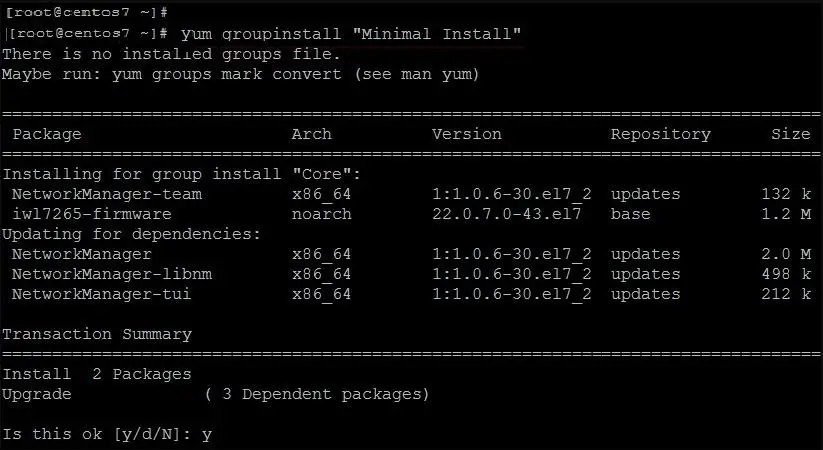
You can use the below command get the list of packages with its time of installation. Please see the YumGroups page on this wiki for information about the above commands.For Fedora 22 and above, you can also use dnf utility instead of yum. This command allows you to refine your listing for particular packages. This command lists any package added to any enabled repository in the last seven(7) days. This command lists any package in an enabled repository which is an update for any installed package. This command lists any obsoleting relationships between any available package and any installed package. Useful for finding packages which linger between upgrades or things installed not from a repo. This command lists any installed package which no longer appears in any of your enabled repositories. It lists all the packages installed on the system. Lists all the packages available to be installed in any enabled repository on your system.

Note: 'yum list all' and 'yum list' give the same output. yum listīy default 'yum list' without any options will list all packages in all the repositories and all the packages installed on your system.

It also lets you list specific types of packages as well as refine your list with a package specification of any of the package's name, arch, version, release, epoch. This command lets you list packages in any repository enabled on your system or installed.


 0 kommentar(er)
0 kommentar(er)
